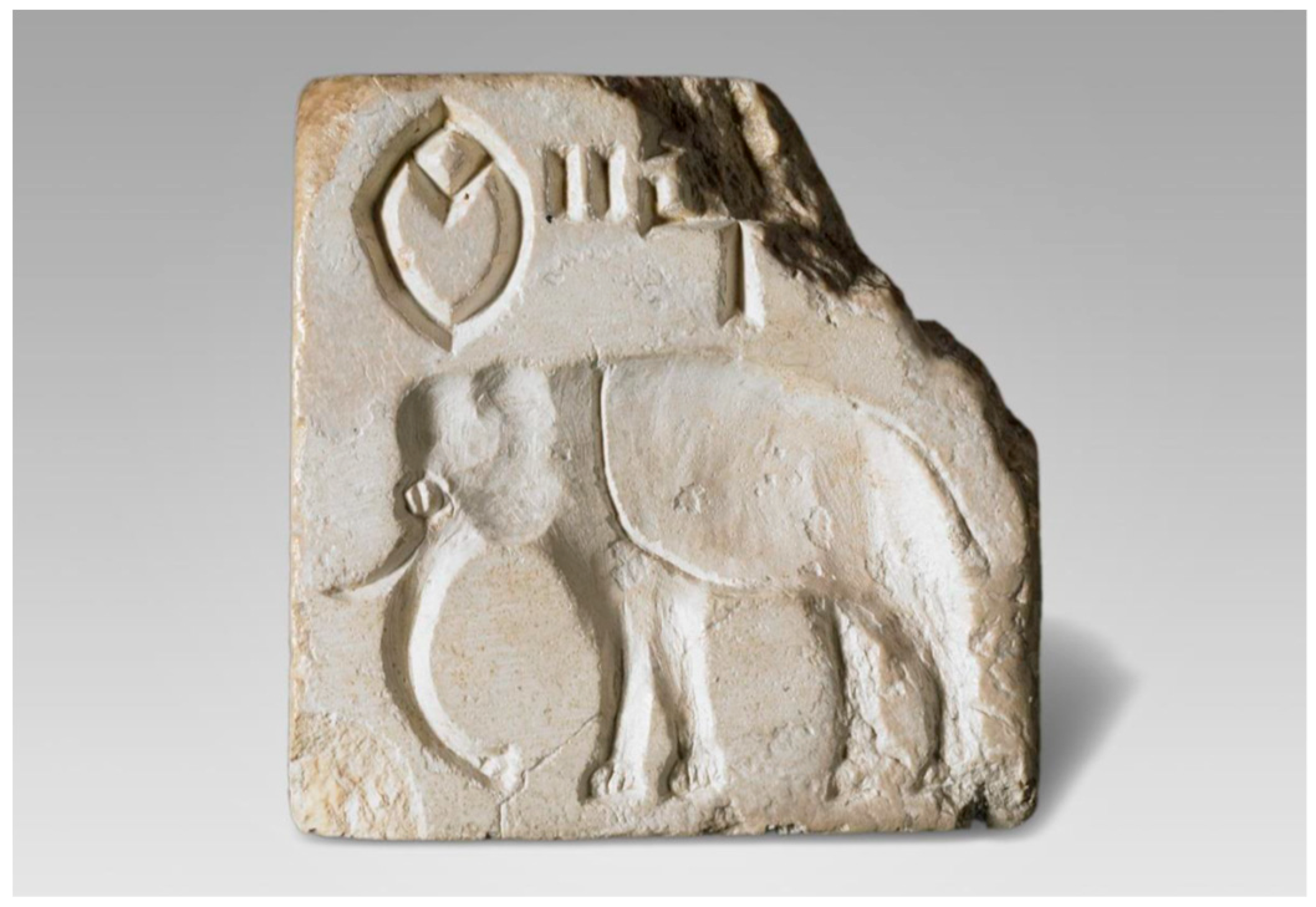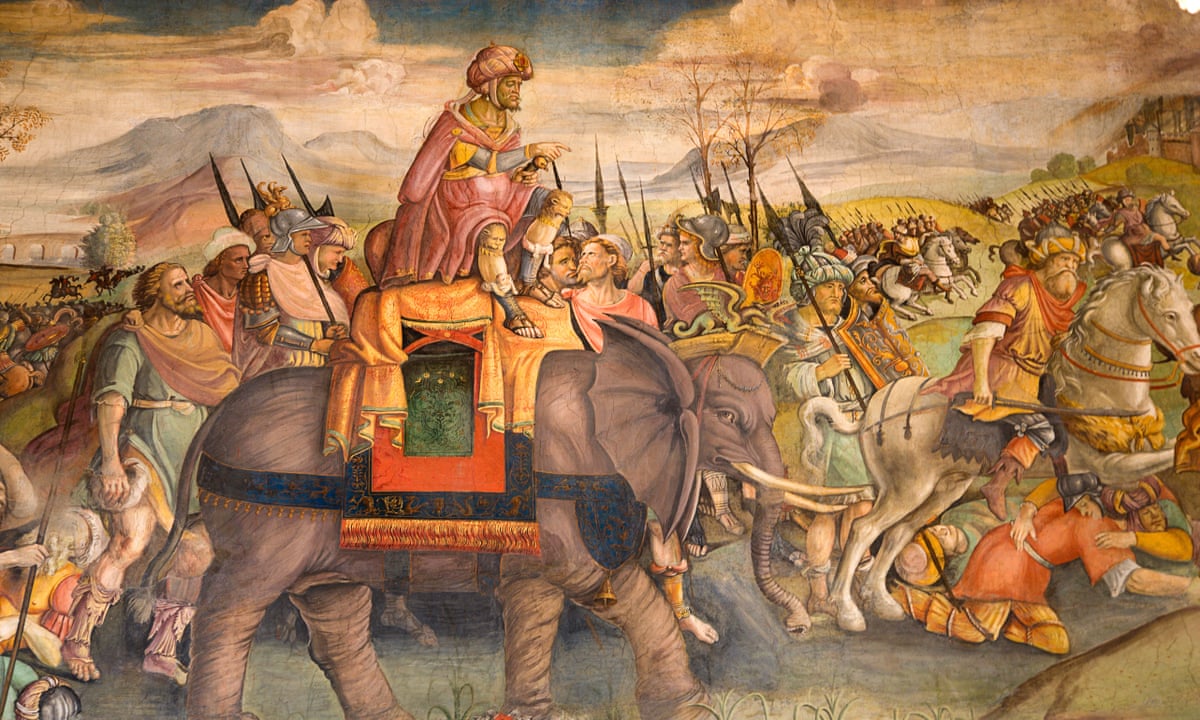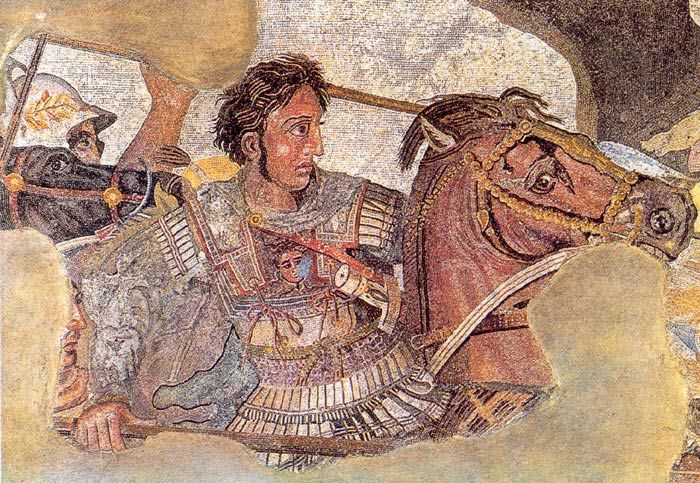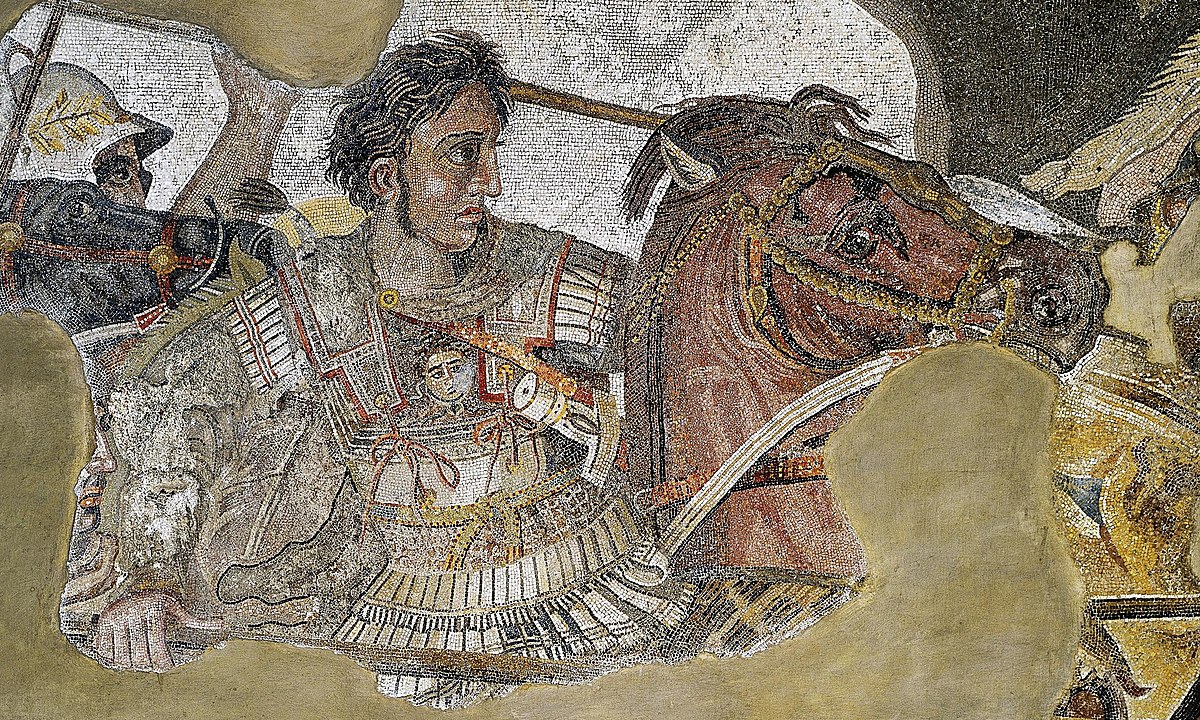
Alexander the Great as a gof with ram's horns and an elephant's skin over the back of his head. Roman copy of a Greek original. Marble. From Carthage or Utica in Tunisia,

Bronze statuette of a rider wearing an elephant skin | Greek | Hellenistic | The Metropolitan Museum of Art
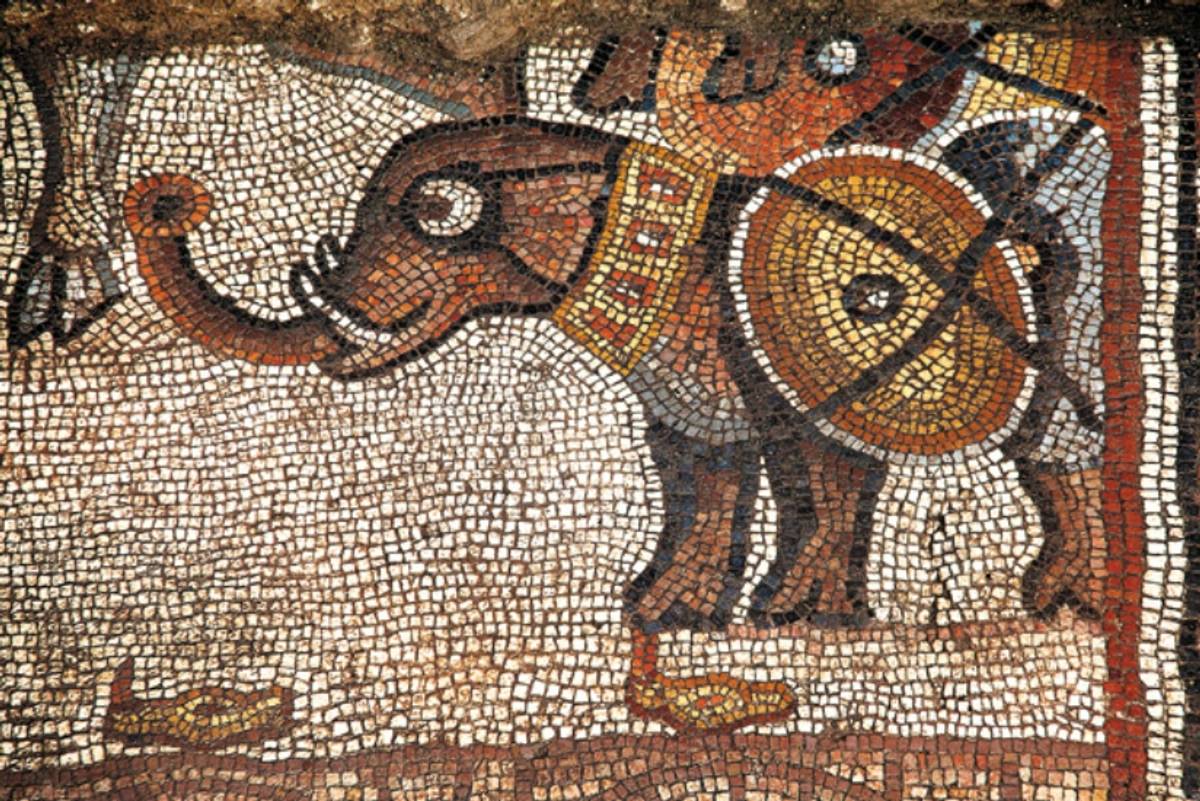
Ancient Mosaic Discovered in Israel May Depict Alexander the Great Meeting a Jewish Priest - Tablet Magazine
What was the reaction to Roman war elephants in countries where they may have never seen an elephant before? - Quora

Ελληνική Ιστορία και Προϊστορία - Greek History and Prehistory - THE USAGE OF WAR ELEPHANTS IN HELLENISTIC WORLD AND AND IN PUNIC WARS AGAINST ANCIENT ROME - Ή ΧΡΗΣΗ ΤΩΝ ΠΟΛΕΜΙΚΩΝ ΕΛΕΦΑΝΤΩΝ










